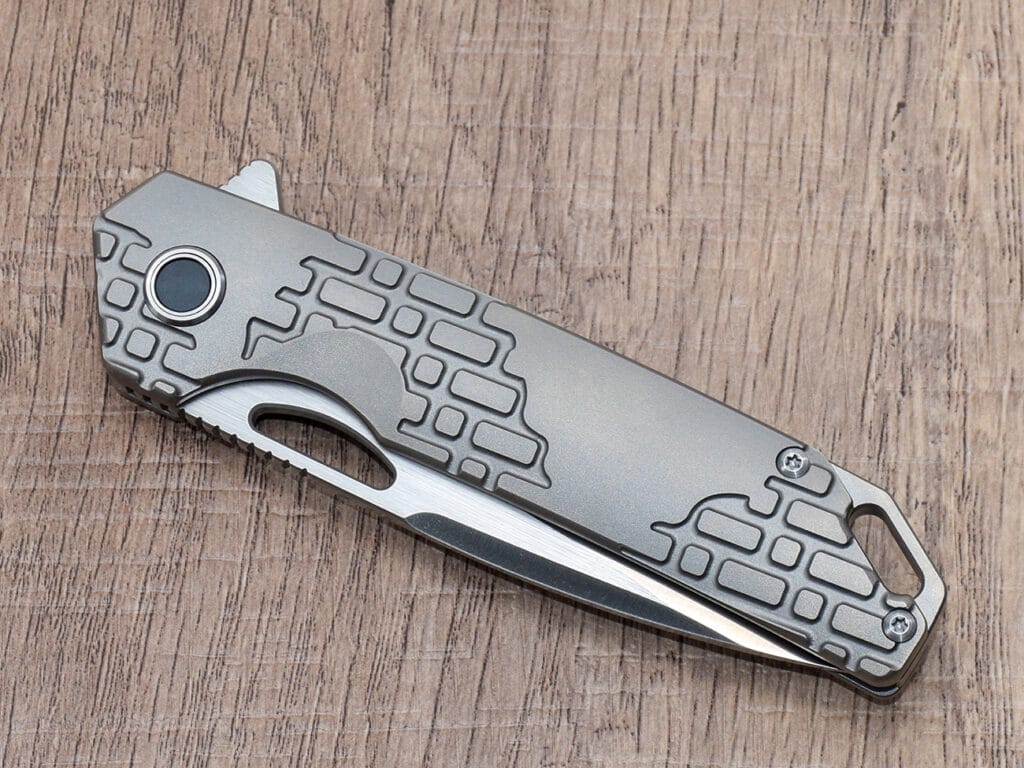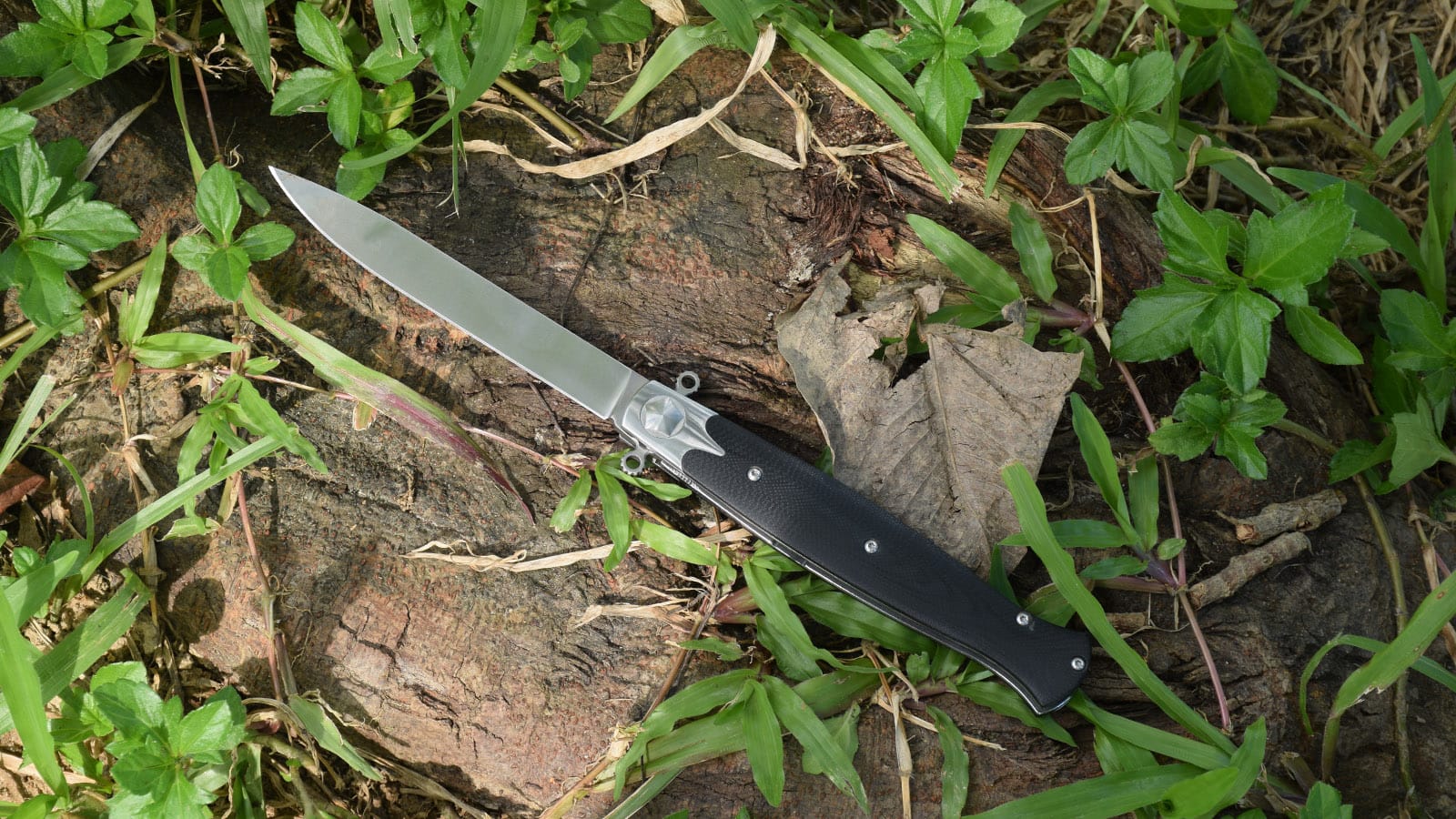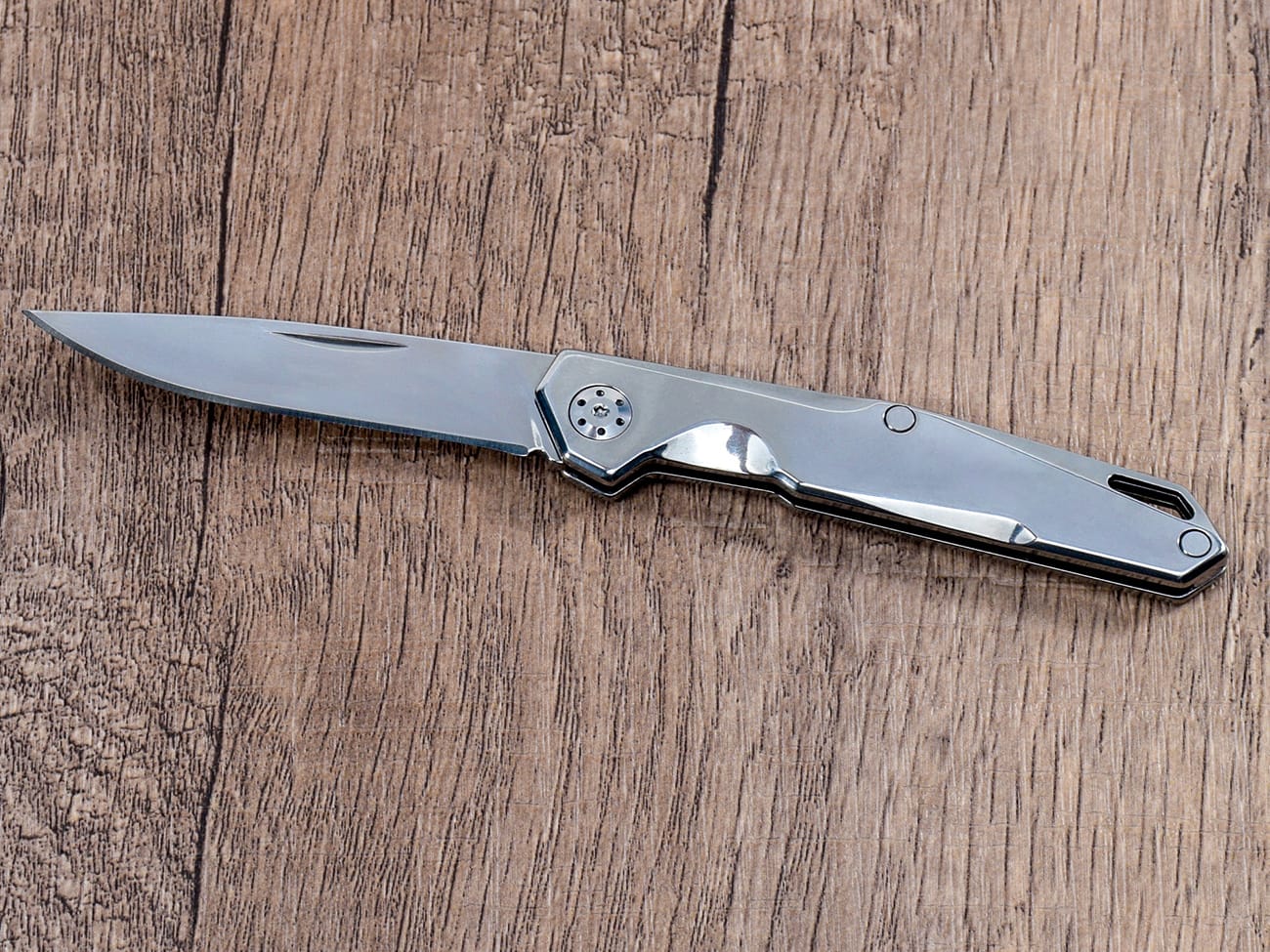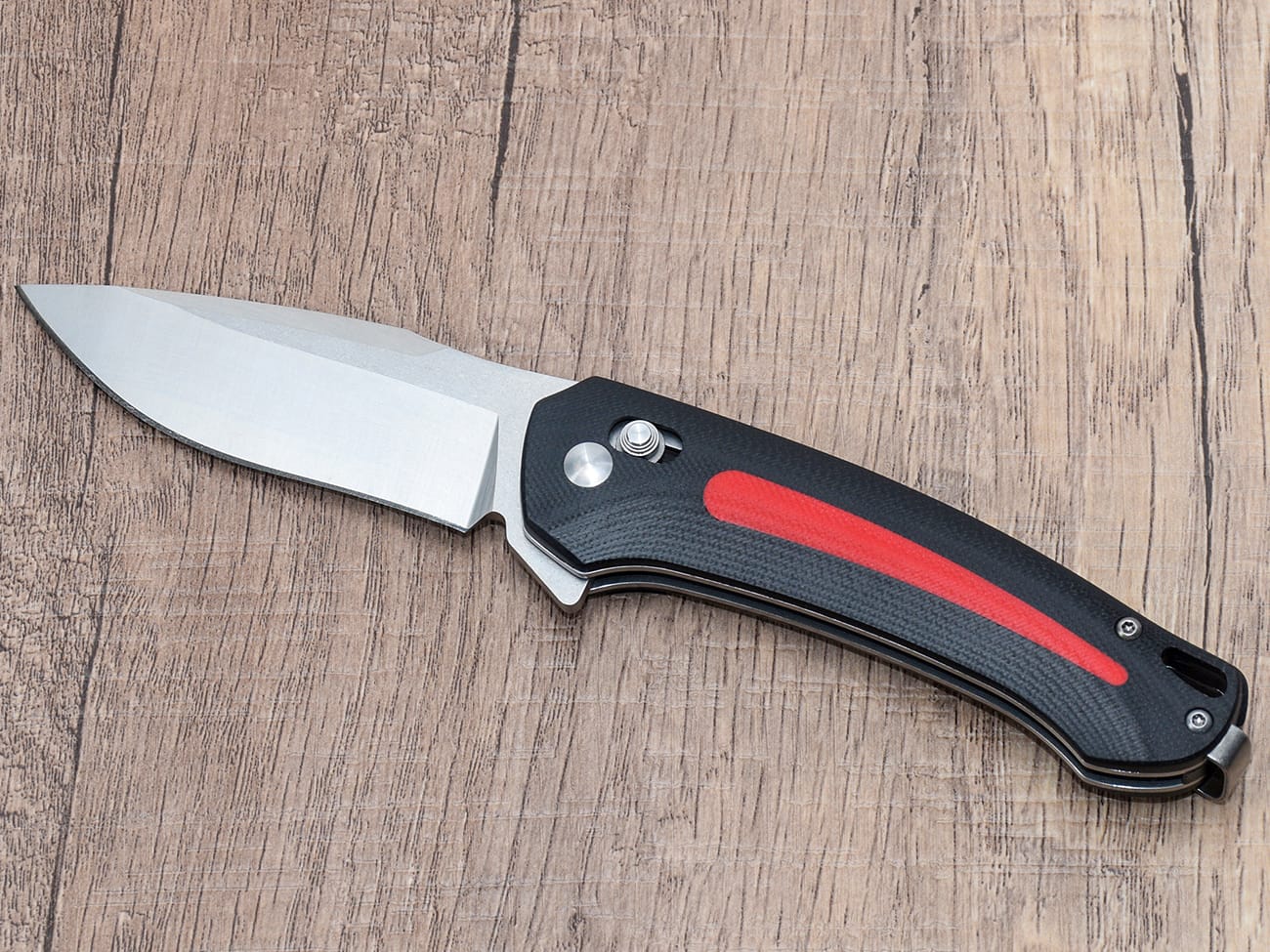Understanding how to safely close and store your National Rifle Association (NRA) knife is crucial for both safety and maintenance. This comprehensive guide will walk you through the proper techniques for handling, closing, and storing your NRA pocket knife to ensure its longevity and safe operation.
1. Understanding Your NRA Knife’s Lock Mechanism
Most NRA folding knives feature either a liner lock or frame lock mechanism. Before attempting to close the knife, identify which lock type your knife uses. This knowledge is essential for safe operation and proper closing technique.The lock mechanism prevents accidental closure during use, making it a critical safety feature that must be properly disengaged before folding the blade.
2. Safety First: Basic Precautions
Before closing your knife, always follow these safety guidelines:
- Keep fingers away from the blade’s path
- Maintain a firm grip on the handle
- Face the blade away from yourself
- Ensure your workspace is well-lit
- Stay focused on the task

Custom folding knife with G10 handle and black pocket clip
3. How to Properly Disengage the Lock
For liner lock knives:
- Hold the knife handle firmly in your dominant hand
- Use your thumb to push the lock bar to the side
- Maintain pressure on the lock while beginning to close the blade
For frame lock designs:
- Grip the handle securely
- Push the frame lock aside with your thumb
- Keep the lock disengaged as you start closing
4. The Correct Closing Technique
Follow these steps to safely close your pocket knife:
- Hold the knife with the blade pointing away
- Disengage the lock mechanism
- Begin folding the blade while maintaining lock pressure
- Guide the blade into the handle carefully
- Ensure the blade is fully seated
5. Common Mistakes to Avoid
Watch out for these frequent errors:
- Rushing the closing process
- Letting fingers enter the blade’s path
- Releasing the lock too early
- Using excessive force
- Attempting to close a dirty or damaged knife
6. Maintaining Your Knife During Storage
Proper storage practices include:
- Clean the blade before storing
- Apply a light coat of oil
- Store in a dry environment
- Keep away from extreme temperatures
- Use a protective case or sheath
7. Special Considerations for Different NRA Knife Models
Different NRA knife models may require slightly different handling:
- Traditional slipjoint models need extra care
- Automatic knives have specific closing procedures
- Tactical models often have additional safety features
- Custom models may have unique locking mechanisms
8. Troubleshooting Common Issues
If you encounter problems:
- Check for debris in the lock mechanism
- Inspect for loose screws or parts
- Look for signs of wear on the lock face
- Ensure smooth operation of moving parts
- Consider professional maintenance if needed
9. Long-term Storage Solutions
For extended storage:
- Use silica gel packets to prevent moisture
- Store in a dedicated knife roll or case
- Keep away from other metal objects
- Maintain proper temperature control
- Check periodically for maintenance needs
10. Legal and Safety Considerations
Remember these important points:
- Follow local knife laws
- Keep out of reach of children
- Store securely when not in use
- Maintain documentation
- Register valuable pieces
Key Takeaways:
- Always prioritize safety when handling knives
- Know your specific lock mechanism
- Clean and maintain regularly
- Store properly to prevent damage
- Follow proper closing techniques
- Keep up with maintenance schedules
- Understand local knife regulations
- Consider professional service when needed




